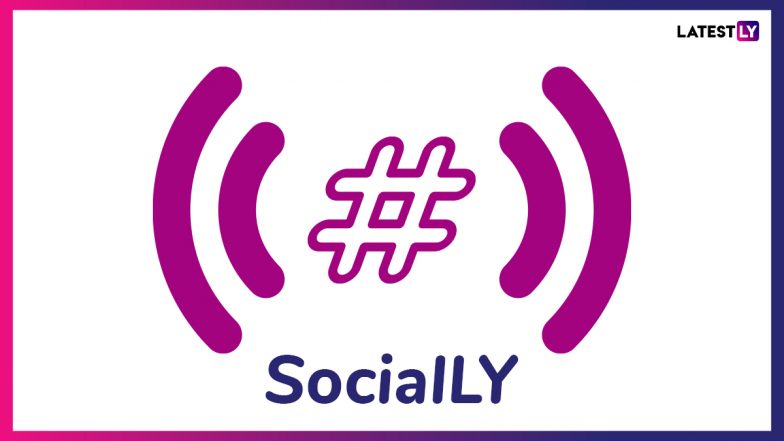Jakarta (ANTARA) – The Indonesian Government supports harbor decarbonization and low carbon fuel for shipping starting from 2036 with e-ammonia, hydrogen, and biofuel mixture, according to Sea Transportation Director General at the Transportation Ministry Arif Toha during the G20 Side Event: International Conference on Shipping Decarbonization in Indonesia.
The Transportation Ministry continued to optimize the development of a competitive sea transportation sector within the National Harbor Master Plan (RIPN), he said in a statement, Saturday
G20 is a multilateral cooperation group that comprises 19 countries and the European Union (EU). Indonesia is holding the presidency of the grouping this year and will host the G20 Summit in Bali in November this year.
Related news: Indonesia raises greenhouse gas emission reduction target
In accordance with Transportation Minister’s Decree No. KP 432 of 2017, there are currently 636 harbors used to serve sea transportation, 57 terminals that are part of the harbors, and 1,322 harbor location plans.
Some 1,242 harbors in Indonesia are actively endeavoring to drive sustainable economic improvement.
The mandatory steps to reduce greenhouse gas emissions from international shipping have begun since January 1, 2013.
These include having all new ships above 400 gross tons to be designed to reach the Energy Efficiency Design Index (EEDI) below the established standard.
Moreover, all ships must carry and implement the Ship Energy Efficiency Management Plan (SEEMP) by using the Energy Efficiency Operational Indicator (EEOI) as a monitoring tool and a benchmark.
Related news: Multi-business scheme will not affect forests negatively: ministry
According to the 2018 Initial IMO GHG Strategy, the greenhouse gas emission reduction target is 40 percent in 2030 and 70 percent in 2050, Toha explained.
Moreover, the International Maritime Organization (IMO) adopts the greenhouse gas emission reduction initial target and establishes vision that uphold the IMO’s commitment to reducing emissions from international shipping and removing them gradually.
Half of the world’s countries declared zero emission by 2050, but Indonesia, Russia, China, Saudi Arabia, Ukraine, Sri Lanka, Nigeria, and Bahrain set net zero emission by 2060, he stated.
The effort to achieve this target that has been undertaken by the sea transportation subsector includes using SBNP solar cell and making the harbor operational management more efficient with the Onshore Power Supply facilities at 21 harbors.
Other efforts encompass biofuel ship modernization, energy conservation in ships and harbors, and development of ecoport through the use of renewable energy in harbors, such as solar power plant.
Moreover, Indonesia actively establishes cooperation with other countries with support from the IMO Technical Cooperation Program that includes Blue solution aimed at reducing greenhouse emissions through technology, he stated.
Related news: Indonesia raises greenhouse gas emission reduction target
Related news: Ministry targets emission reduction of 231.2 million tons by 2025


